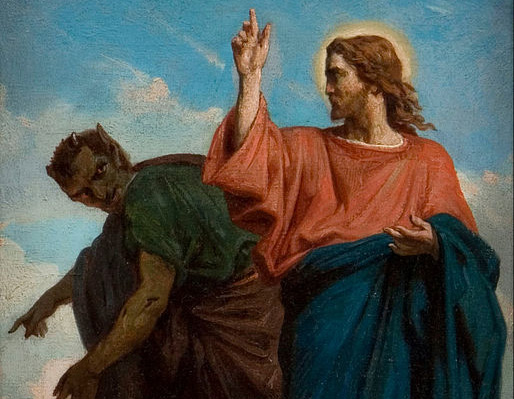Many of us already know that we have sentimentalized Mothers Day away from its founding purpose. But I suppose there is no going back. Anyway, here is the true story of Mothers Day.
The day’s founders did not start honoring mothers because they wanted to honor childbearing. The woman credited with founding the modern observance of Mother’s Day is Anna Jarvis. Her Methodist Church in Grafton, West Virginia, is called "the Mother’s Day Church" because Anna Jarvis was active there; her home in Grafton is a national landmark.
Anna Jarvis was inspired by her mother, Anna Reeves Jarvis who organized “Mothers’ Work Day Clubs” in the 1850's in the area. The clubs provided medicines for the poor, inspected milk for children, provided nursing care for the sick, and ran shelters for children with tuberculosis.
When the Civil War broke out, she called together her clubs and asked them to make a pledge that friendship and good will would not be a casualty of the war. Throughout the war, the women nursed soldiers from both sides and saved many lives.
Anna Reeves Jarvis became a genuine peace maker after the war, organizing “Mothers’ Friendship Days” to bring together families from North and South which had been torn asunder by the war.
Anna Jarvis, the daughter, was born in 1850 and was an impressionable child and teenager when her mother was at the peak of her courageous work. So, in 1907, two years after her mother’s death, she organized the first “mother’s day” in Grafton, West Virginia, so that her mother’s work of peace and mission would not be forgotten.
Another of the earliest promoters of the idea of Mother’s Day was Julia Ward Howe, author of Battle Hymn of the Republic. Julia Ward Howe was a militant abolitionist, and her “Battle Hymn” inspired the Union Army in the Civil War.
When the Civil War was over, Julia Ward Howe focused her attention on two other causes: voting rights for women, and world peace. In 1870 war broke out between France and Prussia. The war in Europe did not make sense to her and she wrote, “Why do not the mothers of mankind interfere in these matters to prevent the waste of that human life of which they alone know and bear the cost?. . . Arise ...Christian women of this day. As men have often forsaken the plough and the anvil at the summons of war, let women on this day leave the duties of hearth and home to set out in the work of peace.”
She began organizing what she called “Mothers’ Peace Day” festivals which were celebrated annually on June 2. Her conviction was that though the world may be divided by war and conflict, the experience of childbirth could bind the mothers of the world together into one family.
So, the central concerns of those who established Mother’s Day were civil liberties, international peace, overcoming poverty and ministering to the poor and sick. From the beginning this was a day not simply to remember one’s own mother, but to find lessons for life in the experience and work of such mothers as Anna Reeves Jarvis and Julia Ward Howe.



